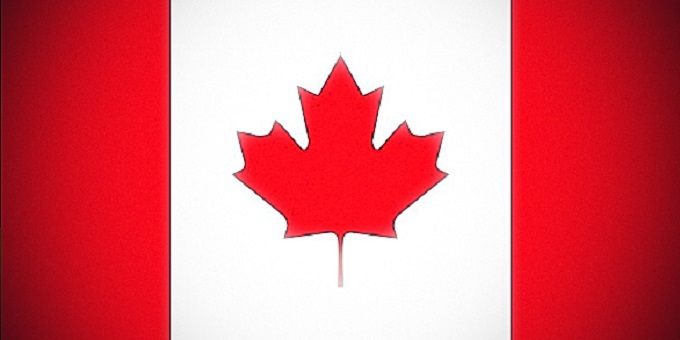
Canada’s federal government has announced plans to investigate innovative ways to make home ownership more accessible, including the introduction of alternative finance options such as ‘halal mortgages’ for its Muslim community.
According to the federal budget, Justin Trudeau’s Liberal government has already started consulting with financial service providers to better understand how policies might meet the demands of the country’s different populations. According to local media reports, the government has begun studying measures that could change “the tax treatment of these products” or establish a “new regulatory sandbox for financial service providers”.
Consultations began in March 2024, with the government announcing further details on the plans in the autumn.
Usury is considered a sin in Islam. Interest charging is considered a type of usury, hence any earnings obtained by interest are deemed unjust.
Interest, which is considered as exploitative, is explicitly forbidden in Islam. As a result, several Islamic banks have formed in the West in recent years, offering various payment arrangements that avoid lending and collecting interest. To generate revenue without charging interest, Islamic banks often use an equity participation scheme. In this arrangement, when a bank lends money to a business, the business does not repay the loan with interest. Instead, it pays the bank a portion of its income.
In general, Islamic finance is risk-averse and based on the profit and risk-sharing philosophy.
‘Halal Mortgage’
Owning a home might be difficult for Muslims because they must pay interest.
However, over the years, many payment schemes have emerged for Muslims who want to follow Islamic law, or Sharia.
One of the payment arrangements is the rent-to-own model, in which the bank purchases the asset and then leases it back to the consumer for a fixed length of time. This permits the payments to go toward the capital while simultaneously generating a profit for the bank.
Others form a partnership with the financier, in which both parties own the property until the equity is progressively transferred and the partnership dissolves. (The New Arab.).
Read also: 41 Countries in Line for Indonesia’s Mandatory Halal by Oct 2024, Says BPJPH


